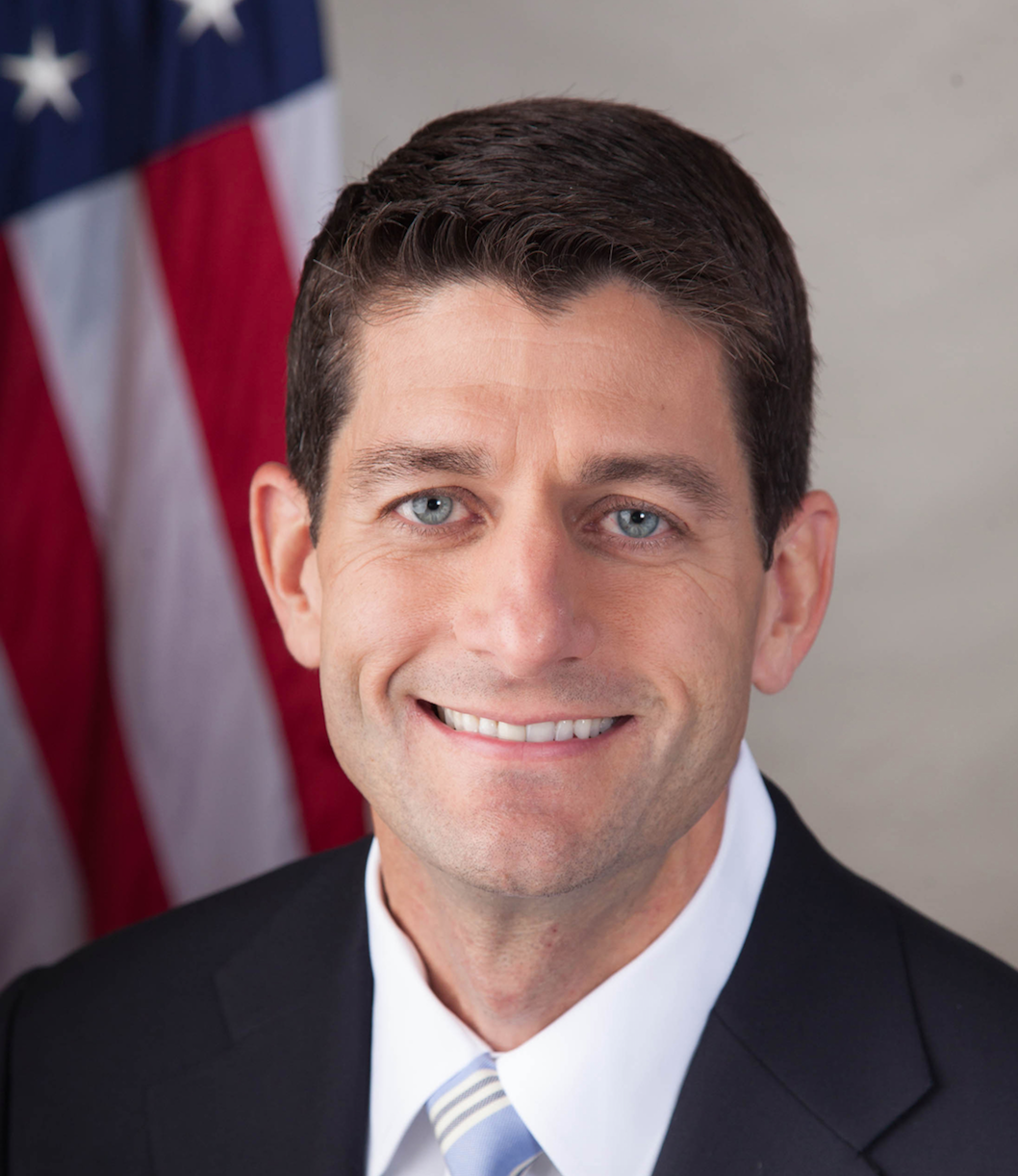The Three R’s for Paul Ryan
Posted on November 2, 2015

"Paul Ryan--113th Congress--" by United States House of Representatives
(Originally published on The Hill)
It used to be said that for a school to succeed, it needed to focus on the three R’s of reading, writing and arithmetic.
For Paul Ryan to succeed as Speaker, he needs to focus on a different set of the three R’s: reform, regulations and regular order.
Let me explain.
Former Rep. John Boehner (R-Ohio) has given Ryan a tremendous gift: a blank slate on which he can create a governing philosophy. Unlike the former Speaker and Senate Majority Leader Mitch McConnell (R-Ky.), who faced the fiscal cliff, a government shutdown and a debt crisis when they won control of both chambers in 2014, Ryan has a two-year budget deal and a debt limit that won’t expire until after the next elections. He has some breathing space to think about what he wants to do and how he wants to do it.
The Wisconsin Republican is a policy reformer at heart. He should follow his passions and unveil a reform agenda that touches every committee and gets the input of all of his members.
When possible, he should coordinate with his Senate colleagues on that agenda, and when appropriate, with the Republican presidential nominee. It’s highly unlikely that President Obama will support Ryan’s efforts — nor should Ryan seek his approval.
Ryan should not seek to make law in the last year of a lame-duck president. Instead, he should seek to set the agenda for the next president, whoever that may be.
When Denny Hastert (R-Ill.) became the Speaker in the last two years of the Clinton presidency, he worked with Trent Lott (R-Miss.), then Senate majority leader, on an agenda called Securing America’s Future, which promised to increase funding for national defense, improve education, protect Social Security and grow the economy through tax cuts.
Ryan’s reform agenda could include fundamental tax reform, criminal justice reform, fixing the social safety net, a comprehensive review of entitlement programs and taking a whack at corporate welfare.
As the new Speaker considers his reform agenda, he shouldn’t lose sight of what the president and his administration have done on the regulatory front. Obama is trying to get as many new regulations out the door as possible in his last year in office. Many of those regulations are job killers. Most of them come with a high cost of compliance. And others are part of the president’s big-government agenda aimed at constraining the free market.
Congress, thus far, has been impotent in stopping the executive branch when it comes to its regulatory barrage. The new Speaker should convene all of his committee chairmen and then meet with their Senate counterparts to plot a regulatory strategy. The current tools at the disposal of House and Senate leaders are not enough to slow down the onslaught.
And finally, much has been said about regular order. The new Speaker mentioned it in his inaugural House address. But as I have written in the past, regular order in the House is a myth. The reality is that each Speaker has to define his or her own path to achieving the will of the House without alienating a majority of the majority.
For the new Speaker, who toiled for years at the House Budget Committee, fixing the budget process is one way to redefine the regular order.
Congress rarely, if ever, sticks by the deadlines mandated by the 1974 Budget Act. The budget resolution, which doesn’t require a presidential signature and has no force of law, is a silly waste of time.
Ryan should insist on a workable budget process that front-loads the big decisions on allocations and then allows appropriators to get to the real work of the once-powerful Appropriations Committee: fierce oversight backed by the power of the purse.
The executive branch isn’t cowed by a legislative branch that is paralyzed by partisanship and incapable of doing its duties as defined by the Constitution. If Paul Ryan is serious about a return to regular order, he should first embark on fixing the broken budget process.
